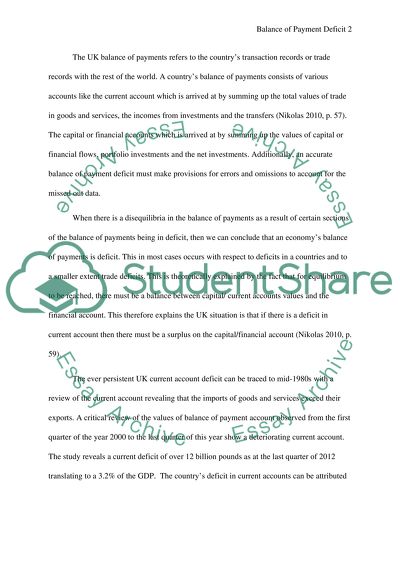Cite this document
(“The balance of payments is the main measure of import and exports in Essay”, n.d.)
The balance of payments is the main measure of import and exports in Essay. Retrieved from https://studentshare.org/macro-microeconomics/1473706-the-balance-of-payments-is-the-main-measure-of
The balance of payments is the main measure of import and exports in Essay. Retrieved from https://studentshare.org/macro-microeconomics/1473706-the-balance-of-payments-is-the-main-measure-of
(The Balance of Payments Is the Main Measure of Import and Exports in Essay)
The Balance of Payments Is the Main Measure of Import and Exports in Essay. https://studentshare.org/macro-microeconomics/1473706-the-balance-of-payments-is-the-main-measure-of.
The Balance of Payments Is the Main Measure of Import and Exports in Essay. https://studentshare.org/macro-microeconomics/1473706-the-balance-of-payments-is-the-main-measure-of.
“The Balance of Payments Is the Main Measure of Import and Exports in Essay”, n.d. https://studentshare.org/macro-microeconomics/1473706-the-balance-of-payments-is-the-main-measure-of.


